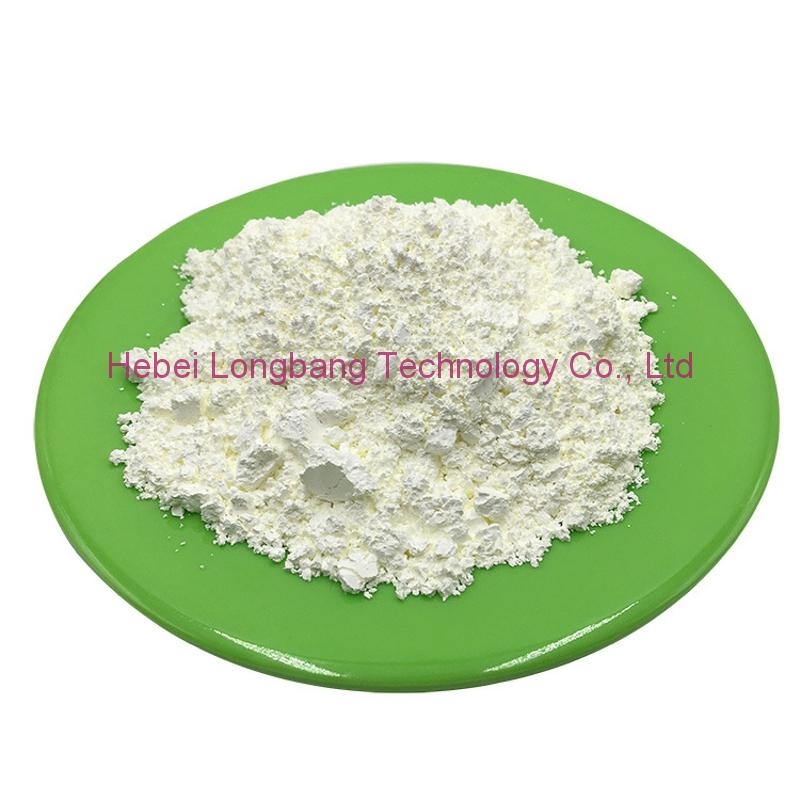-
Categories
-
Pharmaceutical Intermediates
-
Active Pharmaceutical Ingredients
-
Food Additives
- Industrial Coatings
- Agrochemicals
- Dyes and Pigments
- Surfactant
- Flavors and Fragrances
- Chemical Reagents
- Catalyst and Auxiliary
- Natural Products
- Inorganic Chemistry
-
Organic Chemistry
-
Biochemical Engineering
- Analytical Chemistry
-
Cosmetic Ingredient
- Water Treatment Chemical
-
Pharmaceutical Intermediates
Promotion
ECHEMI Mall
Wholesale
Weekly Price
Exhibition
News
-
Trade Service
Ondansetron hydrochloride dihydrate is a medication that is primarily used to treat nausea and vomiting associated with cancer chemotherapy and radiation therapy.
It works by blocking the action of certain chemicals in the body that can cause nausea and vomiting.
Ondansetron hydrochloride dihydrate is also sometimes used to treat motion sickness and post-operative nausea and vomiting.
In the chemical industry, safety is a top priority.
Employees and workers in the chemical industry are exposed to various hazardous chemicals during the manufacturing and production process.
Ondansetron hydrochloride dihydrate is considered safe for use in the chemical industry under normal conditions of use.
However, it is important to follow safety guidelines and regulations when handling and using the chemical to minimize the risk of exposure and potential harm.
Ondansetron hydrochloride dihydrate is classified as a Category B medication by the FDA, meaning that it is not expected to cause harm to the developing fetus when used during pregnancy.
However, it is important to inform your doctor if you are pregnant or planning to become pregnant before taking ondansetron hydrochloride dihydrate.
The safety of using ondansetron hydrochloride dihydrate in breastfeeding women has not been established and it is recommended to avoid breastfeeding while taking the medication.
The safety of ondansetron hydrochloride dihydrate has been extensively studied in clinical trials and it has been found to be generally safe and well-tolerated when used as directed.
However, like all medications, ondansetron hydrochloride dihydrate can cause side effects, although most are mild and temporary.
Common side effects include headache, dizziness, and constipation.
Serious side effects are rare but may include allergic reactions, depression, and anxiety.
It is important to follow the instructions provided by your doctor or pharmacist when taking ondansetron hydrochloride dihydrate.
Do not take more or less of the medication than prescribed, and do not take the medication for longer than prescribed.
If you experience any side effects or have any concerns about your medication, contact your doctor or pharmacist for further advice.
In conclusion, ondansetron hydrochloride dihydrate is a safe medication when used as directed in the chemical industry.
Employees and workers in the chemical industry can use the medication to prevent nausea and vomiting associated with chemical exposure, provided they follow safety guidelines and regulations.
However, it is important to inform your doctor if you are pregnant or planning to become pregnant, and to follow the instructions provided by your doctor or pharmacist when taking the medication.







